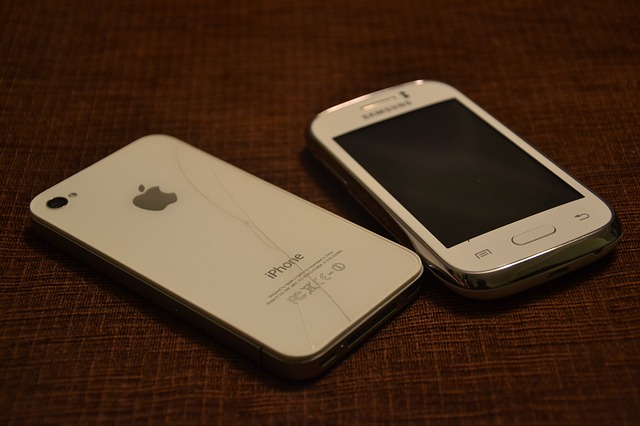
The battle between Android and iOS has been raging on for years. Ever since the emergence of the smartphone, consumers have been forced to make a choice between the best platforms for their devices. This battle is best described by the rivalry that has been shown by two of the leading smartphone brands, iPhone and Samsung. These brands represent the two largest companies with the largest shares of the smartphone market. The best part of it all, their devices use one of the two most popular operating systems, iOS and Android. When comparing both, it all boils down to the operating system.
The main area of comparison when it comes to both Samsung and Android, devices comes in the level of customization the operating system allows. Android devices are known to offer much more freedom when comes to making personalized user settings. Android OS allows Samsung to customize it using its own Firmware referred to as TouchWiz. TouchWiz is preferred by most Samsung fans due to the forward thinking apps and properties it uses. The firmware also allows the manufacturer to get users to enjoy the best features of the hardware on the smartphone.
On the other hand, Apple’s iPhone comes with the support of the highest number of apps of the two. The iTunes store is populated by apps for just about anything you may want to do. Users usually find that the apps are also among the easiest to use. This is due to the fact that they do not allow for detailed customization as is the case with most Android apps. The personalization steps make it more complicated to set up and apps on Android.
The design is also another big difference when comparing Samsung and iPhone devices. Except for the Samsung Galaxy S6, all other iterations of the manufacturer’s flagship are designed with flimsy plastic cases that are out shined by the polished metallic iPhone cases. The iPhone comes with a non-removable battery, something that Samsung introduced with their latest S6 model. This is an advantage for Samsung devices as they tend to have low capacity batteries that require regular charging hence the need for replacements, while iPhone devices on the other hand are known to go for days with a single charge.
Choosing between the platforms can be quite confusing as the devices mostly serve the same purposes, in most cases it is all about user preference.
